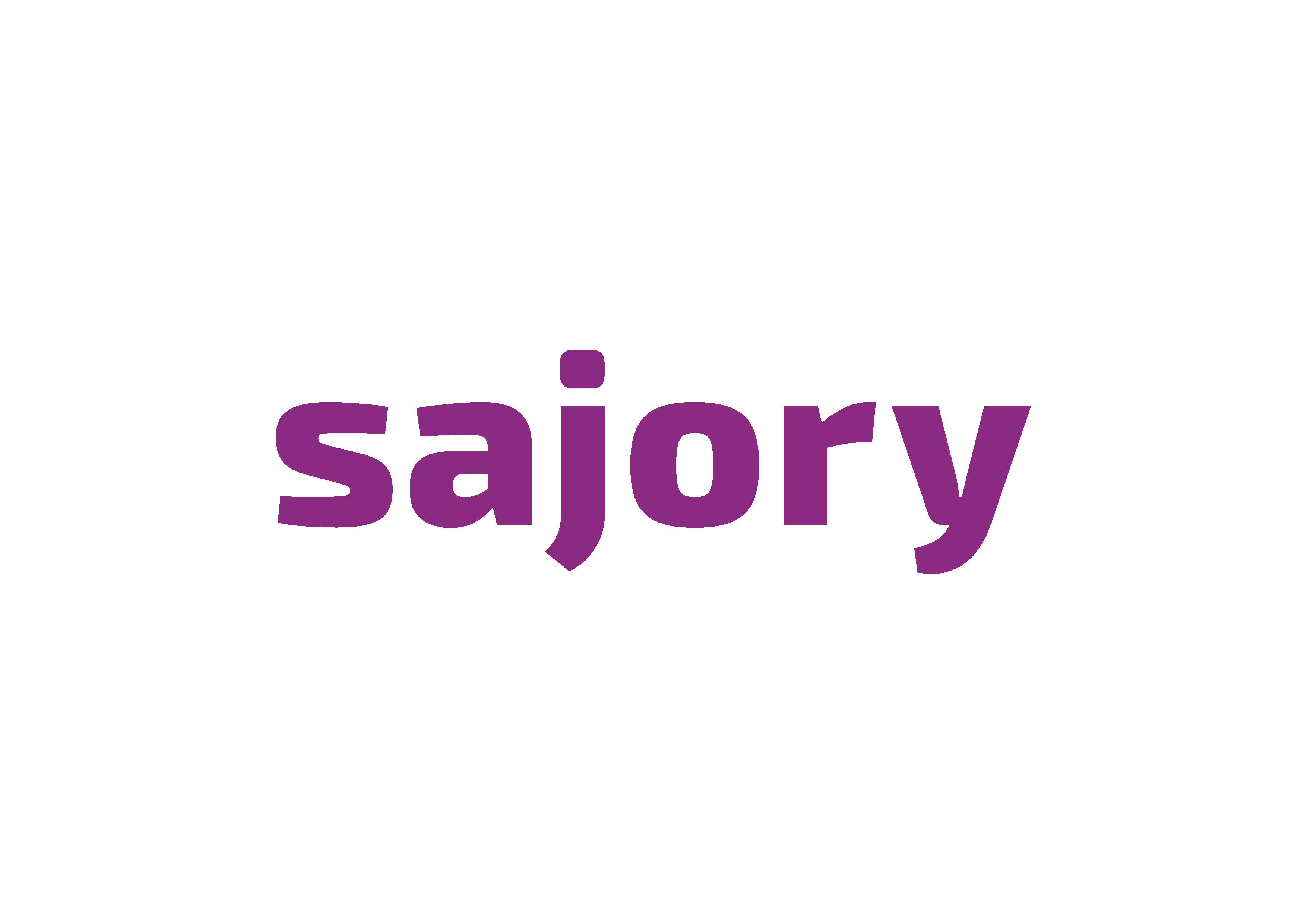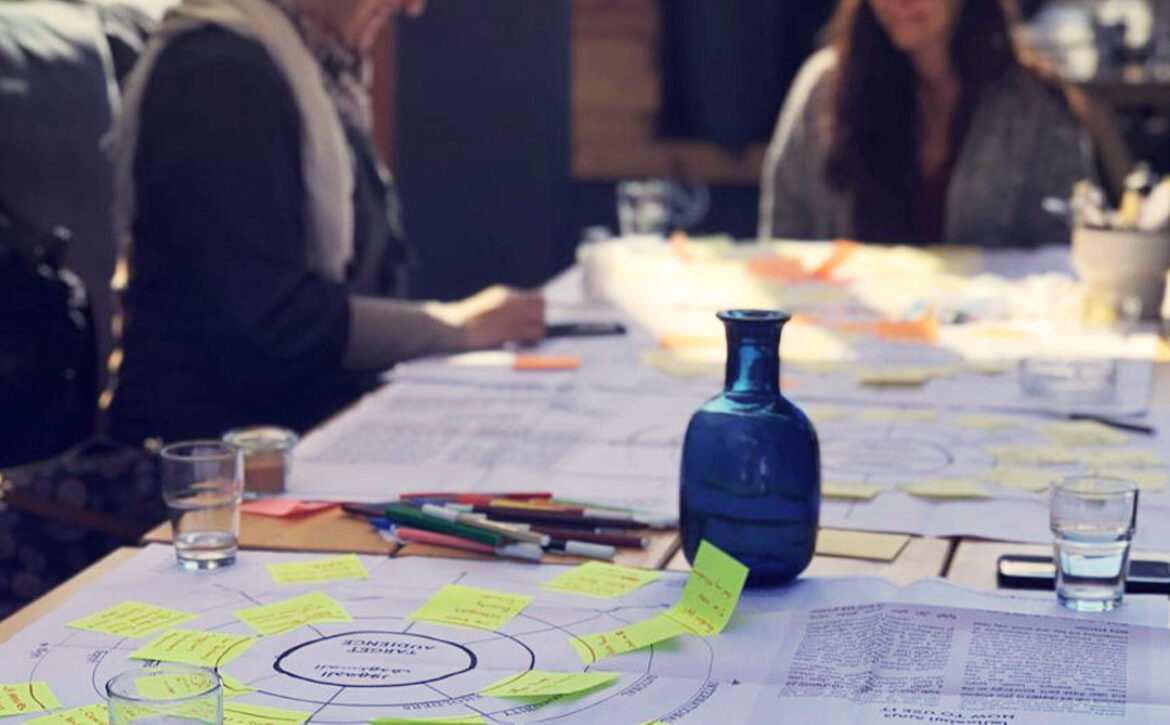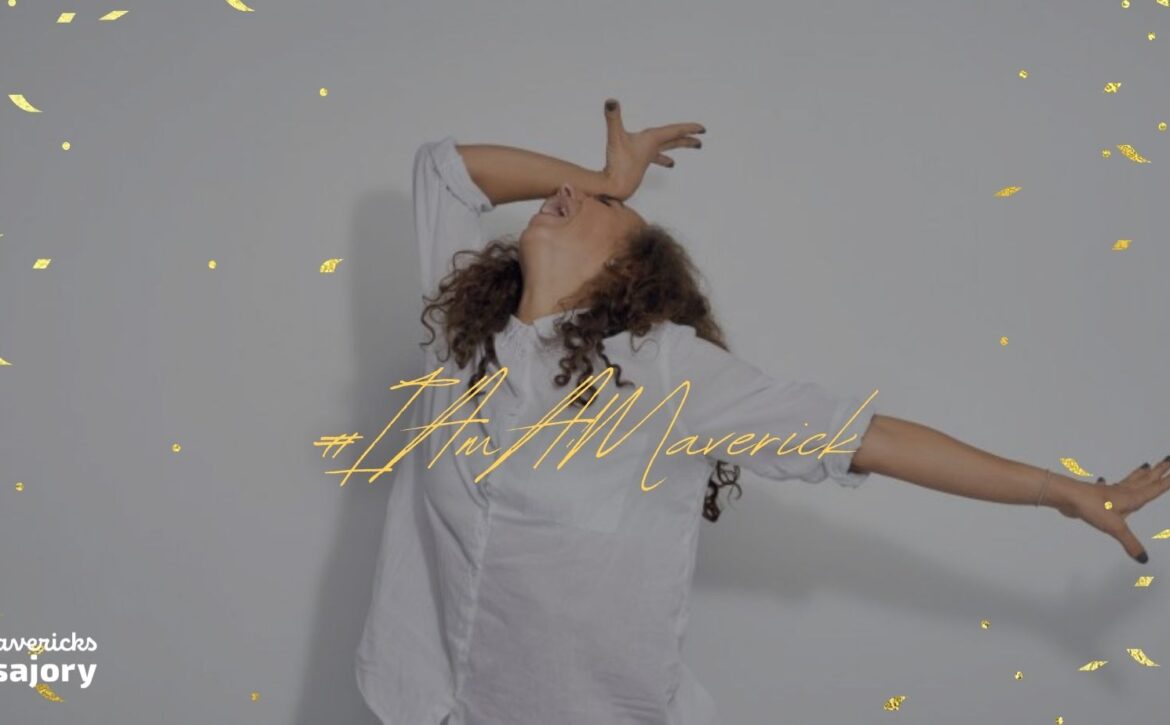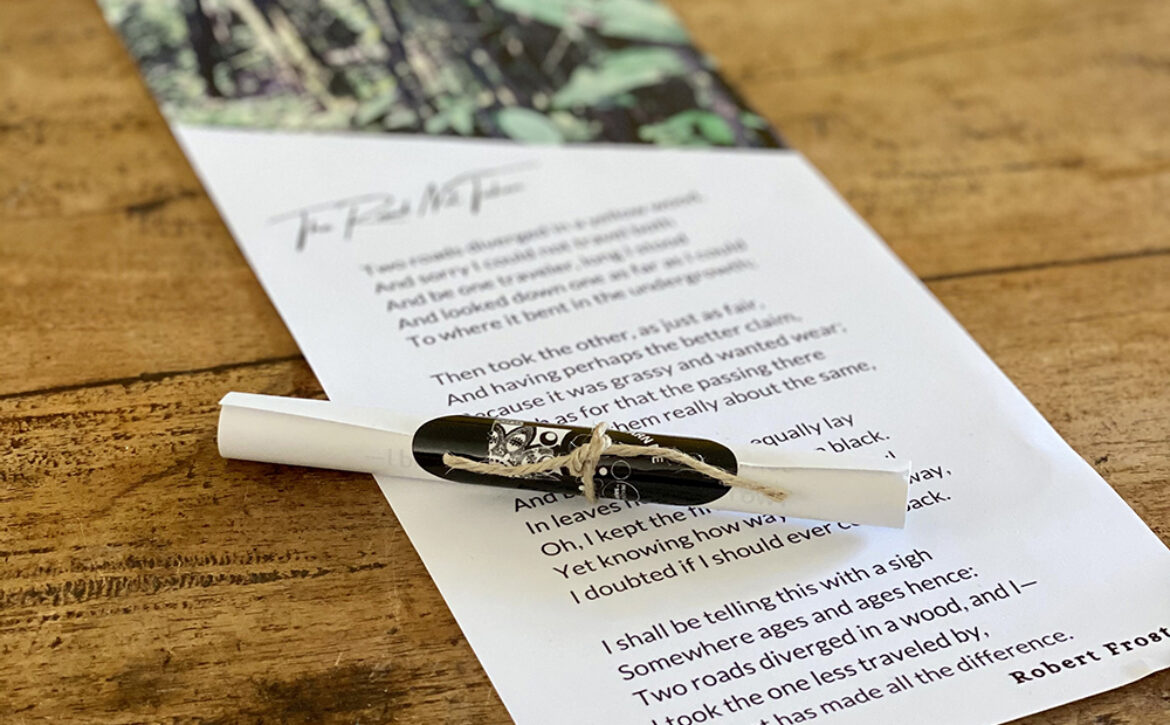Ethnography for Business
Services Designers use it daily. Market Research use it often, and many business owner use is intuitively.
Ethnography is about knowing people as they are. Understanding their thoughts, feelings and needs by listening, observing, interacting and analyzing.
Immersing yourself in people’s daily lives listening to their stories (and complaints) will provide you with invaluable insights, many of them are surprising or seem nonobvious. To the world they are doing a certain thing, but to them, they are doing it for unique reason. If you are able to crack that code into what is the “reason”, you might have the best insight on other more creative ways of doing “that thing”.
To get to that insight, you need to clear your mind from your own assumptions and focus on what people do, say, and think. Observe everything in their context and notice the location, the spaces between people, & the objects they use. Twitter was not invented by asking people if they wanted to share quick updates in less than 140 characters. It met an unsatisfied need based on ethnographic insights. Whether you like it or not, it’s now worth over USD $5 Billion.
A simple observational research framework is called POEMS. It stands for People, Objects, Environment, Messages and Services. You can examine these elements independently as well as in an interrelated system. Go to the field to observe or ask about people’s activities and objects they use. Pay attention to the environment, the location and what key information and services they interact with. Try to understand the context through PEOMS, immerse yourself in ethnographic research, and take notes of all your insights. Great ideas pop up suddenly and are very context-dependent. You don’t want to wait a minute only to forget that amazing idea.
Happy observing,
Randah Taher




